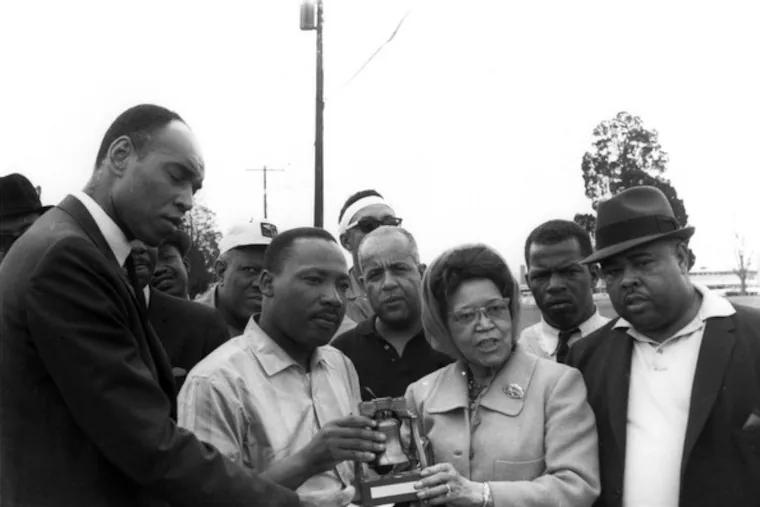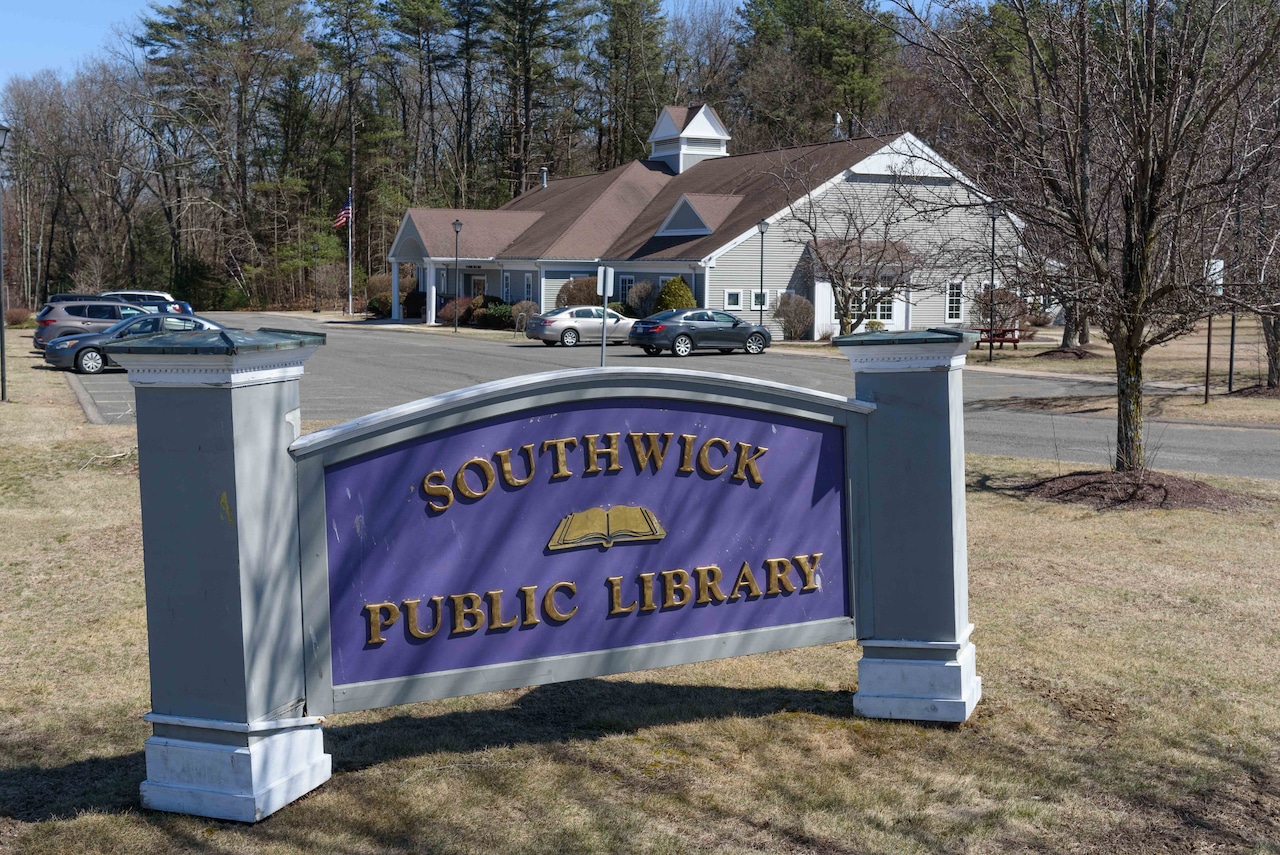Copyright The Philadelphia Inquirer

The Trump administration has caused several of our nation’s most prominent law schools to make difficult decisions about free speech, diversity, equity, and inclusion, and other issues that go to the core of their guiding principles. Without a doubt, the political pressure has been direct, and the financial considerations impactful. While there are potential adverse funding consequences in not yielding to the administration’s political agenda, law schools, in particular, must recognize the importance of their roles in developing legal talent to protect and preserve the gains achieved through legal struggles. As trained advocates and officers of the court, lawyers routinely utilize their expertise to protect and defend the rights of their fellow citizens. During the civil rights movement, specifically, countless attorneys had the courage and tenacity to stand up to and challenge discriminatory practices. One such advocate was Sadie T.M. Alexander, who, in 1927, became the first Black woman to receive a law degree from the University of Pennsylvania Law School. In recognition of her work as a champion of equality, President Harry S. Truman appointed Alexander to his Commission on Civil Rights. Alexander also helped establish Philadelphia’s Commission on Human Relations. Earlier this summer, Mayor Cherelle L. Parker honored Alexander, acknowledging her extraordinary life as a champion of civil rights, and announced that a statue of Alexander will be installed near the Philadelphia Municipal Services Building. In early August, under pressure from the Trump administration, the Penn Carey Law School announced it was no longer accepting applications for a scholarship in honor of Alexander that supported incoming law students with an interest in civil rights work. Penn Law Dean Sophia Lee also informed the law school community that the Office of Equal Opportunity and Engagement would close at the end of the summer. Penn’s approach stands in contrast to that of Georgetown University Law Center when faced with a similar situation. In February, Georgetown Law Dean William M. Treanor received a letter from the interim D.C. U.S. Attorney Ed Martin, demanding that the school no longer teach or promote DEI. If Georgetown Law did not comply, Martin threatened that the school’s students and graduates would not be considered for legal positions with the U.S. Attorney’s Office. Treanor rejected the threats and political pressure. Treanor’s reply specifically noted that Martin’s letter violated the school’s academic freedom, First Amendment rights, and guiding principles of Georgetown University as a Jesuit and Catholic institution to support diversity and inclusion. It does not require much analysis, legal or otherwise, to discern the stark and unfortunate distinction between Georgetown Law’s response to a direct threat and Penn Law’s response to political pressure from the current administration to end all programs or activities that may remotely be considered DEI initiatives. More than any other corner of higher education, law schools should reject any attempt to compromise academic freedom and the important social values emanating from our nation’s historic struggles. To do otherwise and capitulate is pernicious to our nation’s progress. Penn Law strategically opted to be risk-averse and “protect” the school and the university from any potentially negative financial ramifications. But what was the larger cost? » READ MORE: Sadie T.M. Alexander, caught in the crossfire of a war to control America’s past | Will Bunch Georgetown Law weighed the options and decided to stand firm by its institutional principles supporting diversity and inclusion, and its academic freedom. The Georgetown community and Georgetown Law, in the face of a direct threat, elected to withstand the political pressure. Faced with public outcry over the suspension of the Alexander Scholarship, Penn Law recently announced the launch of a two-year Sadie T.M. Alexander Post-Graduate Fellowship and new full tuition scholarships for incoming students with the greatest need. This blatant attempt at damage control should not quell the criticism of Penn Law’s suspension of the Alexander Scholarship. Funding a two-year post-graduate fellowship is not remotely comparable to full tuition scholarships for three years at Penn Law, a current approximate value of $240,000, for up to five incoming law students. The Alexander scholars also had the benefit of a stipend to facilitate their professional development, an introductory orientation program, and, among other things, annual retreats with legal professionals and local jurists. By any measure, the touted fellowship pales in comparison with the established Alexander Scholarship. On its face, providing multiple incoming students with an education at one of the nation’s leading law schools is a more compelling option to honor Alexander’s 50-year legal career. As graduates of Penn Law, we urge officials at the school and the university to reverse the recent decisions to pause the Sadie T.M. Alexander Scholarship and close the Office of Equal Opportunity and Engagement. Now is not the time to dishonor Alexander, an early law school graduate who devoted her legal talent to advancing the civil rights of all citizens, in Philadelphia and across our nation.



